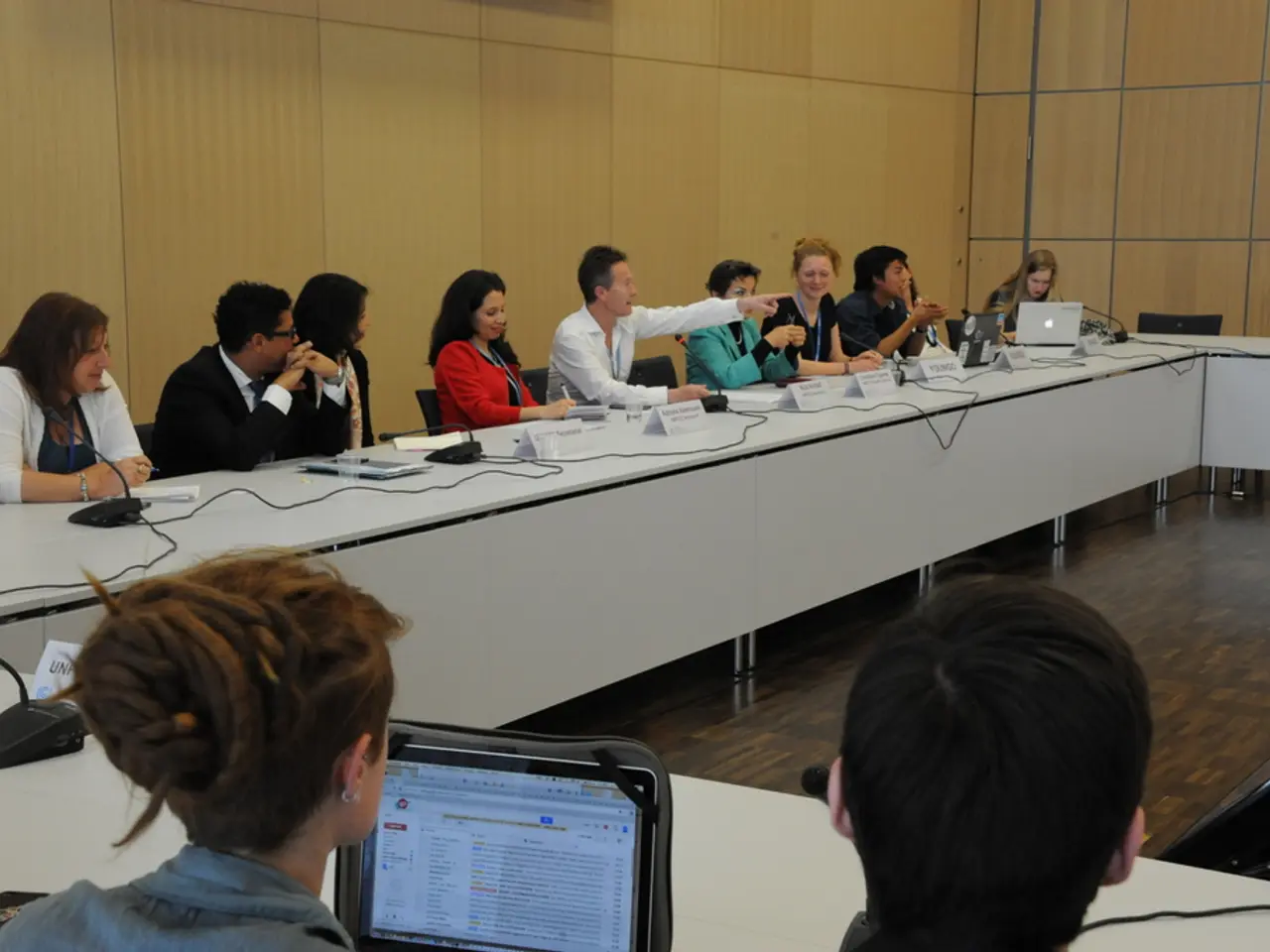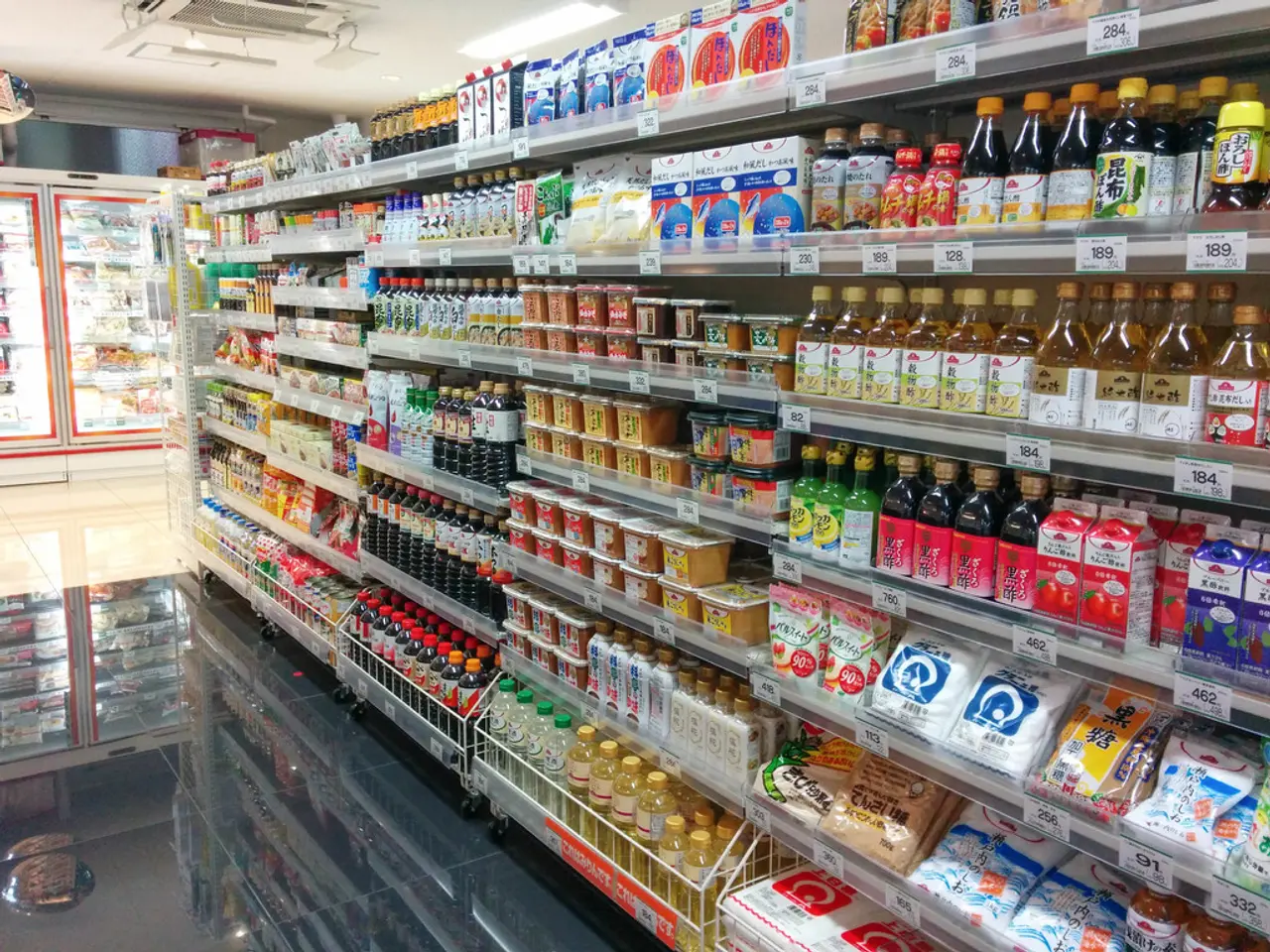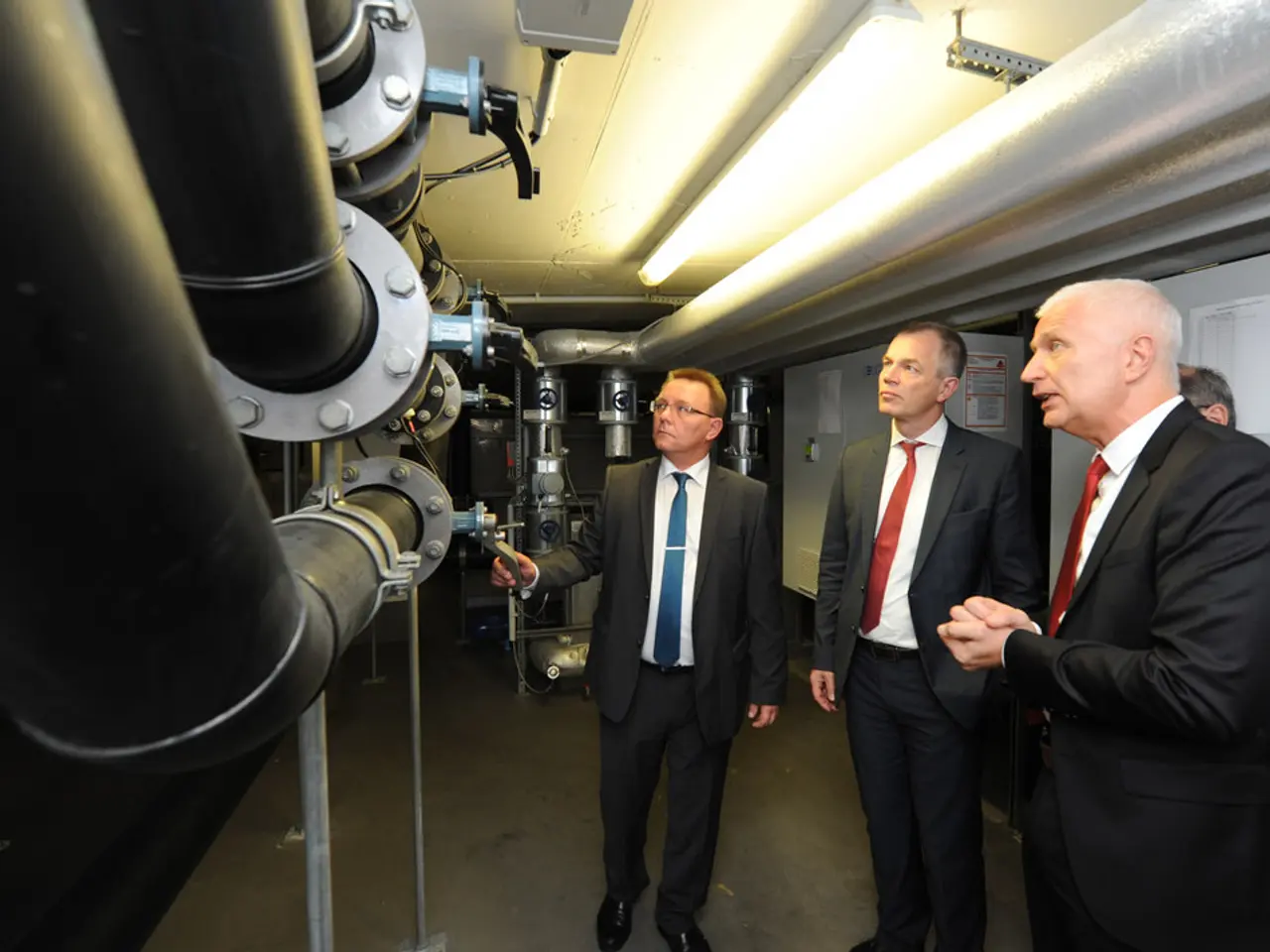AI will dominate various tasks, according to Bill Gates, but coding will continue to be a purely human endeavor for centuries to come.
In the rapidly evolving world of technology, generative AI has emerged as a powerful tool with far-reaching implications for the global workforce. While it promises to revolutionise productivity and job satisfaction, concerns about its impact on job security are growing.
According to industry experts, generative AI is expected to significantly disrupt the labor market, with approximately 80% of the U.S. workforce seeing at least 10% of their tasks affected by large language models (LLMs). This could lead to a loss of around 300 million jobs worldwide, representing 9.1% of all jobs.
Professions like writing, photography, and software development are particularly vulnerable to automation via generative AI tools. However, while AI may automate some coding tasks, it is unlikely to replace skilled programmers entirely. Instead, AI could augment their work, allowing them to focus on more complex and creative aspects of coding.
The impact on software engineering is mixed. AI can automate repetitive or routine tasks, freeing up engineers to work on more sophisticated projects. However, there are concerns about job security, especially for those who primarily perform tasks that can be easily automated.
Some leaders see generative AI as a tool that can enhance productivity by automating routine tasks, allowing employees to focus on higher-value work. However, there is also concern about the need for workers to adapt and upskill to remain relevant in an AI-driven economy.
A report by McKinsey suggests that by 2030, 14% of employees will have been forced to change their career due to AI, translating to about 375 million workers globally. Wall Street banks are expected to replace around 200,000 roles with AI over the next three to five years, reflecting a broader trend in the finance sector towards automation.
Freelance workers in creative fields and other non-traditional workers are particularly at risk due to the lack of job security and legal protections. A report on freelance creative professionals found that 68% feel their job security has decreased, and 61% believe the value of their work has diminished.
However, not all is doom and gloom. Many experts advocate for policies that support workforce reskilling and modernize labor protections to ensure workers can adapt to the changing landscape. Bill Gates, for instance, argues that programming is future-proofed in an AI-driven world and that humans are essential for identifying and correcting errors, refining algorithms, and bolstering AI development in programming.
In conclusion, while generative AI poses significant challenges to job security, particularly in vulnerable sectors, it also offers opportunities for enhancing productivity and job satisfaction in certain roles. The key will be how effectively workers and organisations adapt to these changes. As Microsoft co-founder Bill Gates put it, humans will have the ability to preserve some jobs and activities for themselves, even in an AI-driven world.
- In the realm of software development, generative AI tools may automate repetitive tasks, allowing engineers to divert their focus to more intricate projects on Xbox, possibly utilizing the latest Windows 11 software.
- As businesses shift towards artificial intelligence, financing departments may be affected, with Wall Street banks aiming to replace around 200,000 roles with AI in the coming years.
- Microsoft co-founder Bill Gates emphasizes the importance of programming and human intervention in an AI-driven world, suggesting that roles like programming remain future-proofed, requiring human intelligence to identify and rectify errors, refine algorithms, and further develop AI.
- The impact of generative AI extends beyond technology and business, reaching career paths like writing and photography. To remain competitive, freelance creative professionals must invest in reskilling and upgrading their skills to adapt to this changed landscape.
- The possibility of losing around 300 million jobs worldwide due to generative AI necessitates policies that encourage workforce reskilling and modernize labor protections, ensuring that both businesses and employees can adapt effectively to the rapidly evolving AI-driven economy.




